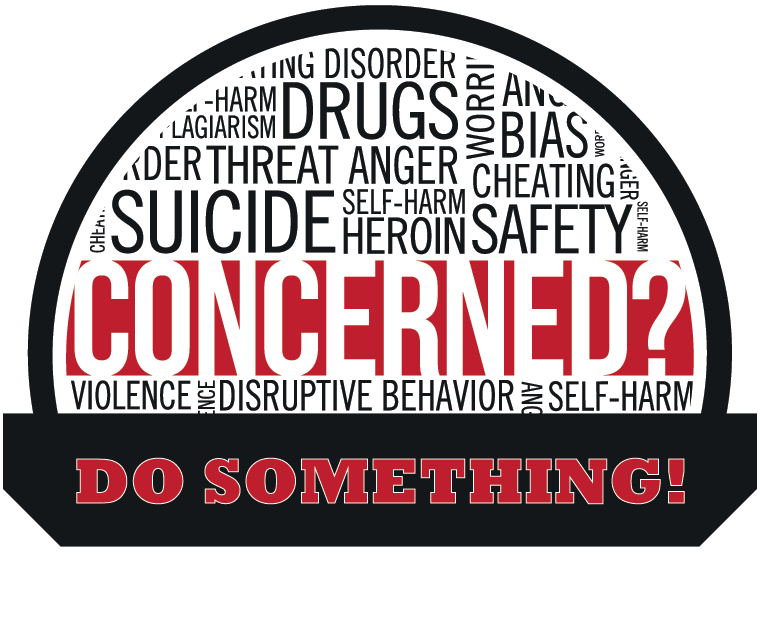
1. What Is Contract Cheating?
- When students get academic work completed on their behalf, which they then submit for credit as if they had created it
- Some examples include:
- paying someone to complete an assignment
- posting or purchasing answers to an exam
- asking an unpaid individual to complete an assignment for you
- 7% of US Students report having purchased an assignment

2. The Risks Of Contract Cheating
- Serious academic and disciplinary penalties (including suspension or expulsion)
- Risk of doing business with a dubious company
- Students have reported being blackmailed by services that write papers on their behalf
- Robbing yourself of an opportunity to learn
- It may be illegal (NJ Rev Stat § 18A:2-3 (2019))

3. Community Impact
- Diminishes the value of a Rutgers education, and damages the reputation of the institution
- Employers will be unlikely to hire individuals who come from programs where students are known to cheat
- Unfair to students who work honestly; 23% of US students reported having peers who purchased assignments

4. What Can I Do To Help?
- Share information about contract cheating among your peers
- Hold yourself and other students accountable for completing work independently
- Follow the Rutgers University Honor Pledge: “On my honor, I have neither received nor given any unauthorized assistance on this examination or assignment.”
Sources
- Institutional Toolkit to Combat Contract Cheating by International Center for Academic Integrity
- Newton, P. & Lang, C. (2016). Custom essay writers, freelancers and other paid third parties. In T. Bretag (Ed) Handbook of Academic Integrity (pp 249-271). Singapore: Springer.
- contractcheating.com
- https://law.justia.com/codes/new-jersey/2019/title-18a/section-18a-2-3/
- Images from canva.com

